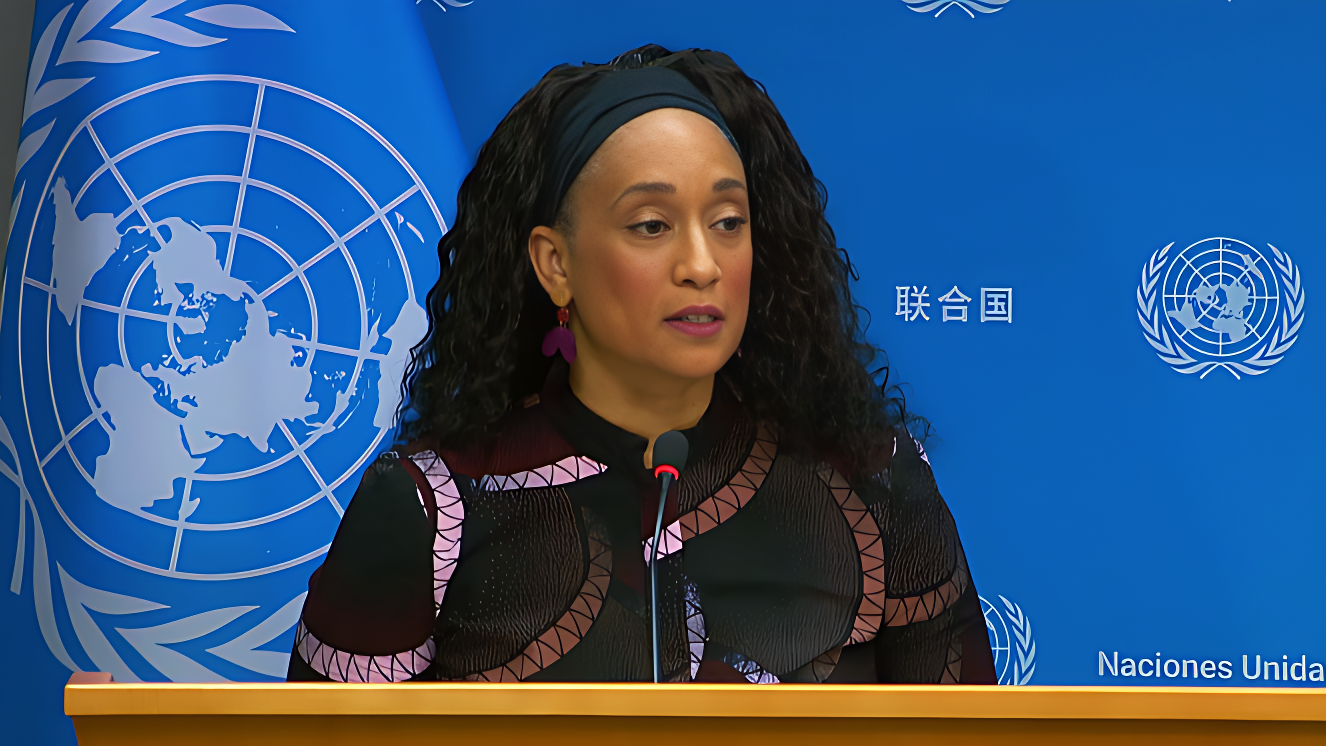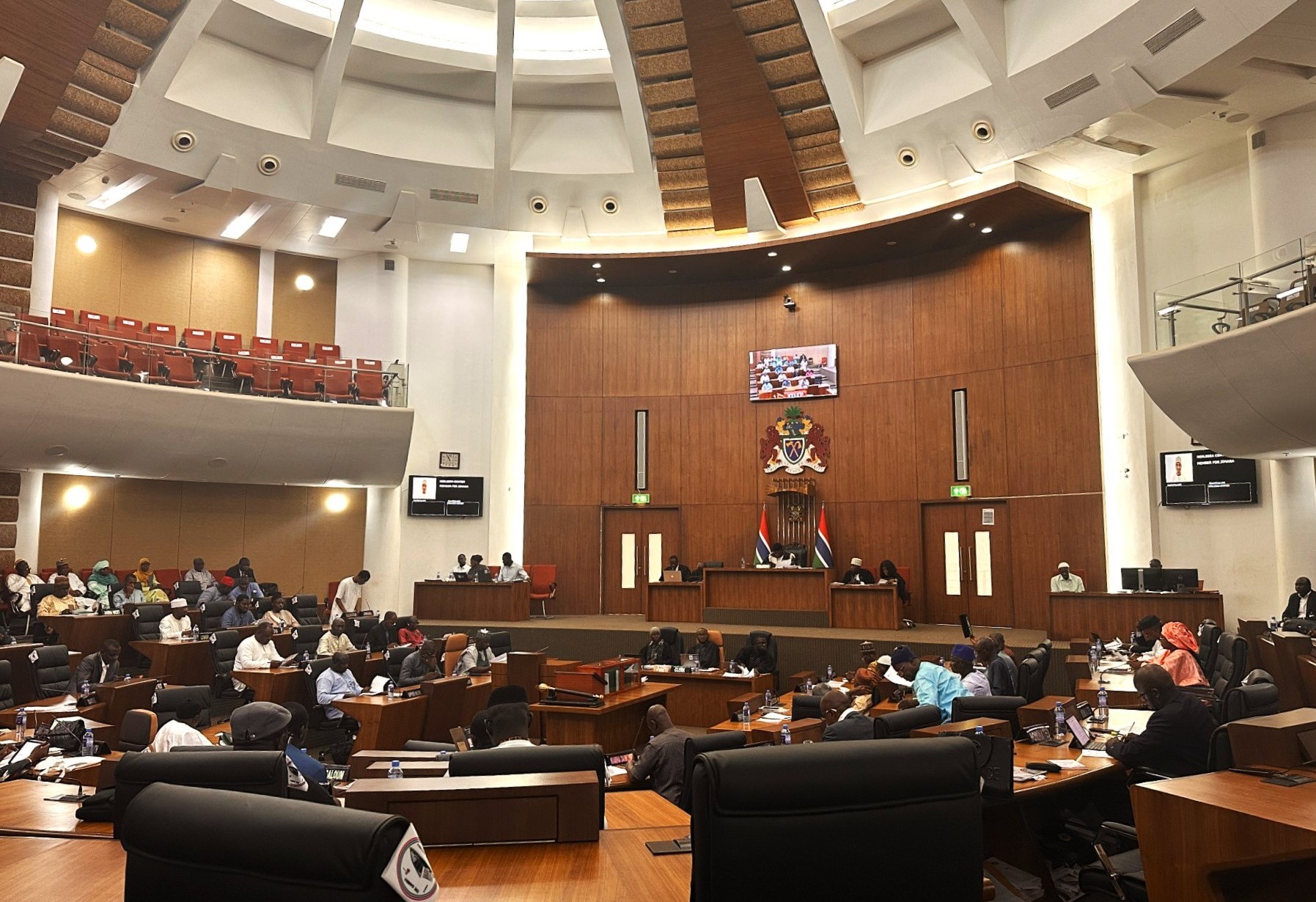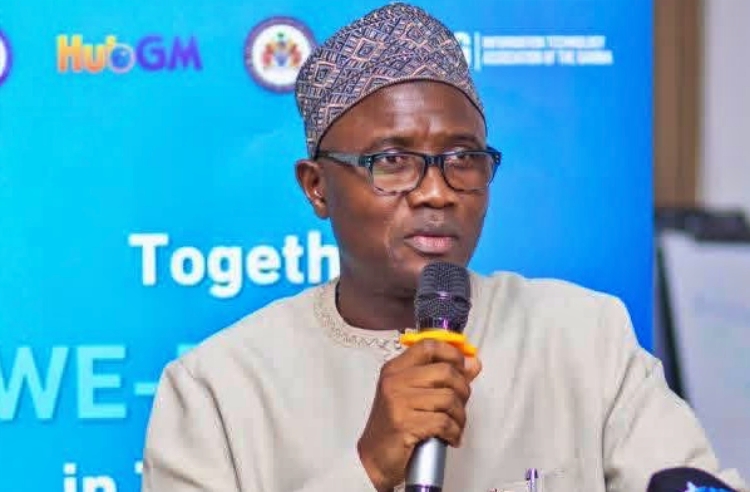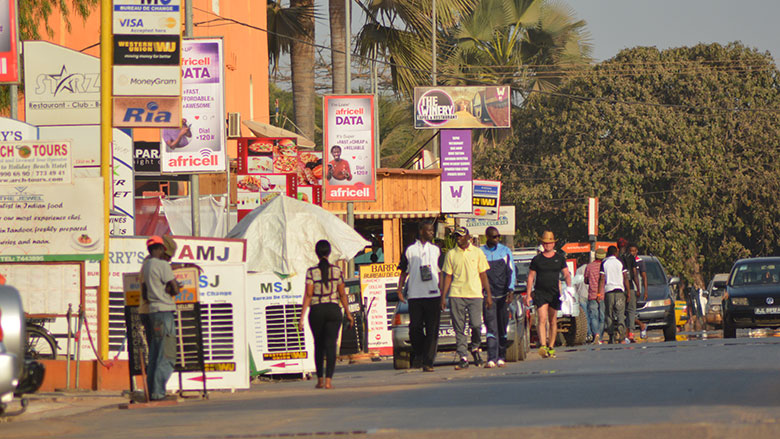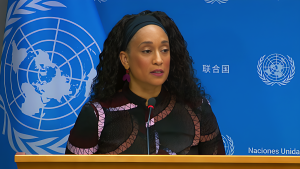Gambiaj.com – (BANJUL, The Gambia) – President Adama Barrow chaired a crucial Cabinet meeting Thursday at the State House in Banjul, where key economic and financial reforms were discussed.
The meeting saw significant presentations by the Minister for Finance and Economic Affairs, Seedy Keita, covering four major legislative and regulatory proposals aimed at enhancing economic governance, financial transparency, and digital procurement systems in The Gambia.
The agenda focused on two proposed bills and two regulations.
The first paper was the National Payment System Bill 2024 that aims to modernize and regulate the country’s payment systems, ensuring secure, efficient, and reliable transactions within the banking and financial sectors. It is part of a broader effort to strengthen The Gambia’s financial infrastructure and promote a cashless economy.
The introduction of this bill aligns with global trends towards digital financial transactions, which could reduce the risks of cash handling, improve transaction speeds, and foster greater financial inclusion.
Another paper discussed during the meeting was The Gambia E-Procurement Regulations 2024. The proposed regulations seek to introduce an electronic procurement system for government contracts and services, enhancing transparency and efficiency in public procurement processes.
This shift from manual to digital procurement is expected to minimize corruption and administrative bottlenecks, promoting fair competition and accountability in public spending.
This was followed by discussions on an Anti-Money Laundering and Combating the Financing of Terrorism and Proliferation Bill 2024. This bill is critical in strengthening The Gambia’s legal framework against money laundering, terrorism financing, and the proliferation of weapons of mass destruction. It includes stringent measures to monitor and report suspicious financial activities, ensuring that the country complies with international standards set by bodies like the Financial Action Task Force (FATF).
The bill’s passage is expected to bolster international confidence in The Gambia’s financial system and could potentially improve the country’s standing in global financial markets.
The last paper discussed was State-Owned Enterprises Regulation 2024. This regulation aims to improve the governance, accountability, and efficiency of state-owned enterprises (SOEs) in The Gambia.
By introducing stricter regulatory frameworks and oversight mechanisms, the government hopes to address issues related to mismanagement and financial inefficiencies within SOEs, ensuring that they contribute more effectively to national development.
The Cabinet meeting highlighted the importance of these reforms in the government’s broader agenda for economic modernization and sustainable growth.
President Barrow emphasized the need for timely implementation of these reforms to create a robust and transparent economic environment, attract foreign investment, and improve public service delivery.
According to a minister who attended the meeting, the introduction of these bills and regulations represents a strategic move by the Barrow administration to align The Gambia’s economic policies with international standards, particularly in light of the country’s ongoing efforts to emerge from years of economic mismanagement and build a more resilient and diversified economy.
These legislative proposals will later be tabled before the National Assembly for debate and approval.
The successful enactment and implementation of these laws could mark a significant step forward in The Gambia’s economic and financial reforms, ultimately contributing to the country’s development goals.




